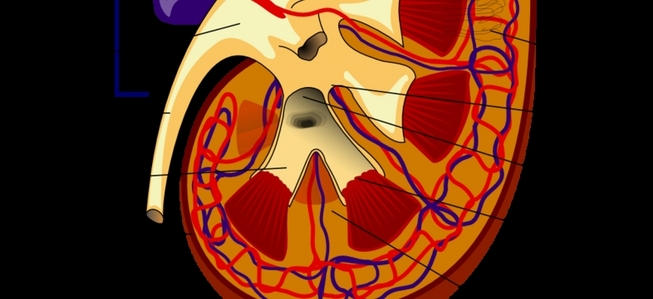Single gene variant may affect transplanted kidney survival

When a patient in need of a kidney transplant finally receives their new organ, their health problems may not necessarily be over. For some kidney recipients, their bodies may ultimately reject the foreign kidney – leading to the organ’s removal and another long wait for a new donor.
However, new research out of the Queen Elizabeth Hospital Birmingham in the U.K. may help prevent this kind of painful rejection in the future. Scientists have discovered a single gene variant in kidney transplant donors that may predict whether or not the transplanted kidney will survive in the recipient.
The gene- the multidrug resistance 1 (MDR-1) gene – was originally identified by the researcher of having a potential impact on kidney rejection and survival, because the protein the gene encodes helps to pump drugs out of cells.
In order for a transplanted kidney to successfully adapt and adhere to a new body’s system, the kidney recipient must take a number of immunosuppressive drugs to prevent rejection – often including a class of drugs called calcineurin inhibitors (CNIs). Unfortunately, these kinds of medications can also come with serious side effects.
